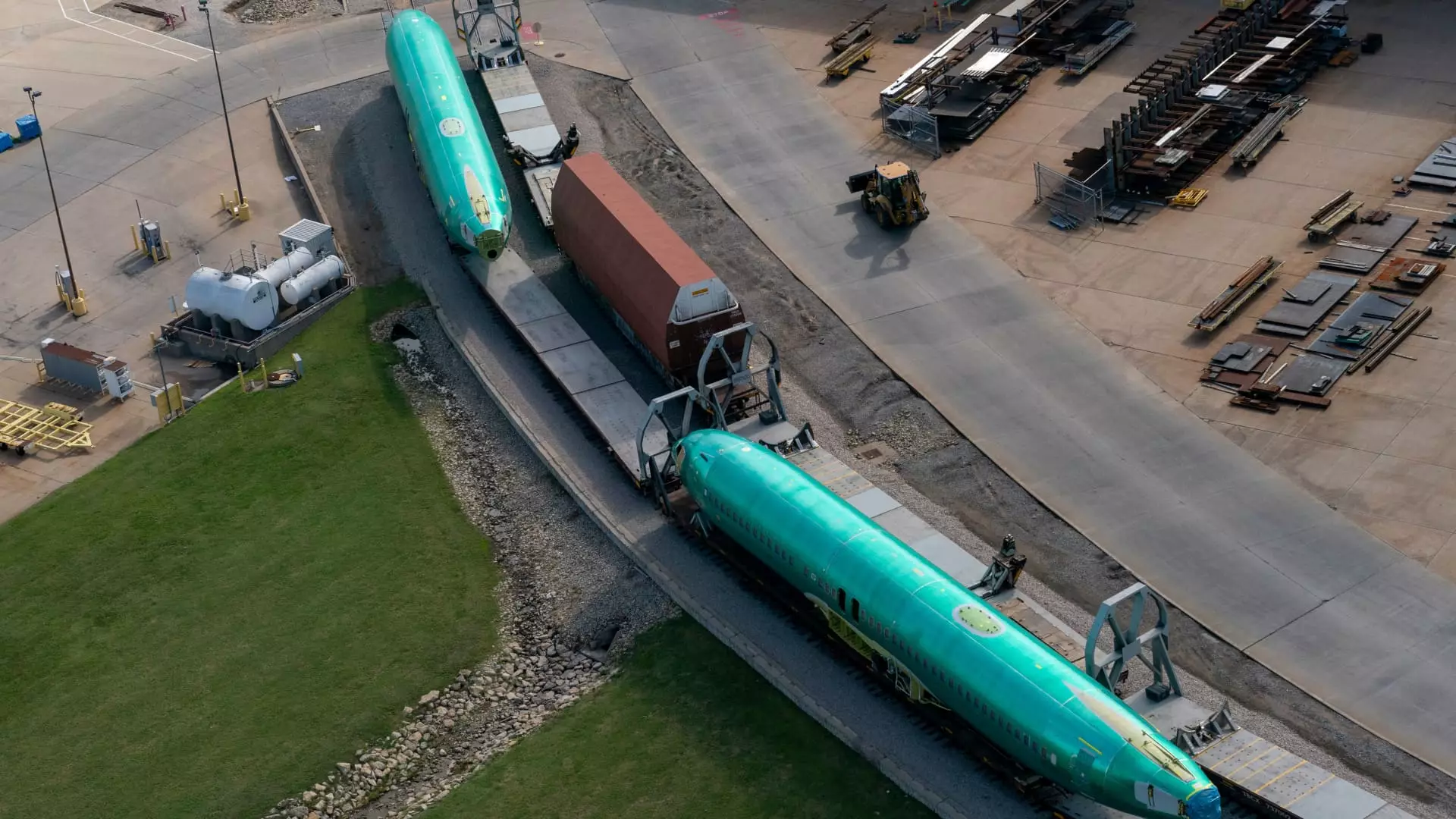The aerospace industry is undergoing tumultuous times, particularly highlighted by the ongoing strike of Boeing’s machinists. As the standoff approaches its sixth week, its ripple effects extend far beyond Boeing itself, hitting suppliers such as Spirit AeroSystems hard. Recent announcements suggest that Spirit is now considering significant workforce reductions if the situation does not resolve soon, presenting a pressing concern not only for employees but also for the future of the aviation supply chain.
On September 13, over 32,000 machinists associated with Boeing initiated a work stoppage after they overwhelmingly rejected a proposed labor contract. This decision underscores the frustration among workers regarding compensation and working conditions, particularly in an era that has seen substantial inflationary pressures. With the strike stretching into November, Boeing’s operations have ground to a halt, especially affecting the production of its flagship aircraft, including the cash-cow 737 Max. Such labor disputes expose vulnerabilities in labor relations within an industry that has seen long-standing tension between management and skilled workers.
In light of these events, Spirit AeroSystems is meticulously assessing its options, with preliminary discussions about furloughs or layoffs for hundreds of workers. Currently, Spirit is already set to furlough approximately 700 employees from its Wichita facility, which is pivotal in manufacturing fuselages and other critical parts for Boeing. The looming decision on whether to impose further layoffs speaks volumes about the uncertainty plaguing the entire aerospace supply chain, where interdependencies mean that disruptions in one area can negatively affect many others.
The ramifications of the extended strike are considerable. The financial health of Spirit AeroSystems is deeply tied to Boeing’s recovery. As recent reports indicate, Spirit suffered an alarming net loss of $477 million in the third quarter of the year, a stark increase from the previous year. This destabilization raises concerns not just for Spirit’s workforce but also for its investors and the broader economic landscape reliant on aerospace manufacturing. The prospect of Boeing nearing acquisition of Spirit early next year only adds layers of complexity, as uncertainties around labor stability could impact the strategic alignment between the two companies.
Boeing’s challenges with its machinists highlight a precarious situation within the aerospace sector, wherein the livelihood of thousands is intertwined with labor negotiations that feel increasingly urgent. Spirit AeroSystems, positioned as a vital supplier in this equation, must navigate the prospect of further furloughs amidst a precarious economic backdrop. As industry stakeholders watch closely, the resolution of this labor crisis could prove critical, not only for the affected workers but also for the industry’s path towards recovery. Without addressing the root causes of discontent among workers and stabilizing supply chains, the prospects for meaningful and sustainable growth in aerospace remain in jeopardy.


Leave a Reply